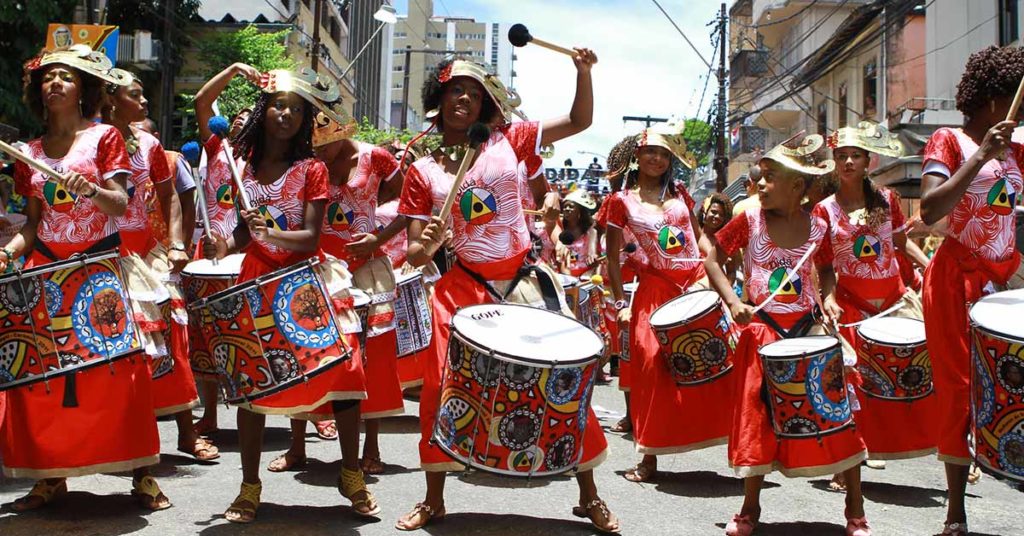Somalia maps out long-term solutions to drought
Years of erratic rainfall in Somalia have made the world all too familiar with the country’s recurring struggle with drought. The government of Somalia is working to change that very narrative.
On Tuesday, the Somali government, alongside the UN, World Bank and European Union, launched a two-part plan to address the recurring crises: one part will provide humanitarian aid in the short term, while the other will tackle the root causes of recurring droughts and improve Somalia’s food security in the long term.
Long-term development is especially crucial for rural areas, where severe drought has decimated crops and livestock.
ActionAid is working in parts of Ethiopia, Kenya and Somaliland also affected by the drought. To support our ongoing drought response, go to: https://bit.ly/EAfrFC.
Girls across India challenge taboos around menstruation
As powerful as they are, taboos can be challenged. That’s precisely what girls across India are doing as they learn more about menstruation – what it means and what it does not mean. In 2017 the Indian government required all public schools to teach “the truth about periods”. Besides helping to overcome stigma, reframing menstruation for girls can encourage them to stay in school and maintain better health.
While education is an essential step in closing the gender gap in education, health and other arenas, increased access to pads and toilets, especially in rural areas, is also crucial.
Female Afro-Brazilian drummers carry on rich musical traditions and defy gender norms
Move over, fellas. More and more female drummers are breaking in to the male-dominated arena of Afro-Brazilian drumming in Salvador, the northeastern Brazilian city known as the epicenter of Afro-Brazilian culture. Leading the way forward is Banda Didá, formed in 1993 and regarded as the country’s first all-female bloco-afro band. Besides filling the streets with their energetic performances, Banda Didá provides lessons – for free – to 130 Black women and girls in the community.
If only one word could be used to capture the skill and spirit of these drummers, it would be power. One of the band leaders said: “The drum could be the great technology for women this century. It redefines the body of a woman — especially black women. It gives us power, and makes us more beautiful. And it makes it so that our message is heard farther and farther away.”

